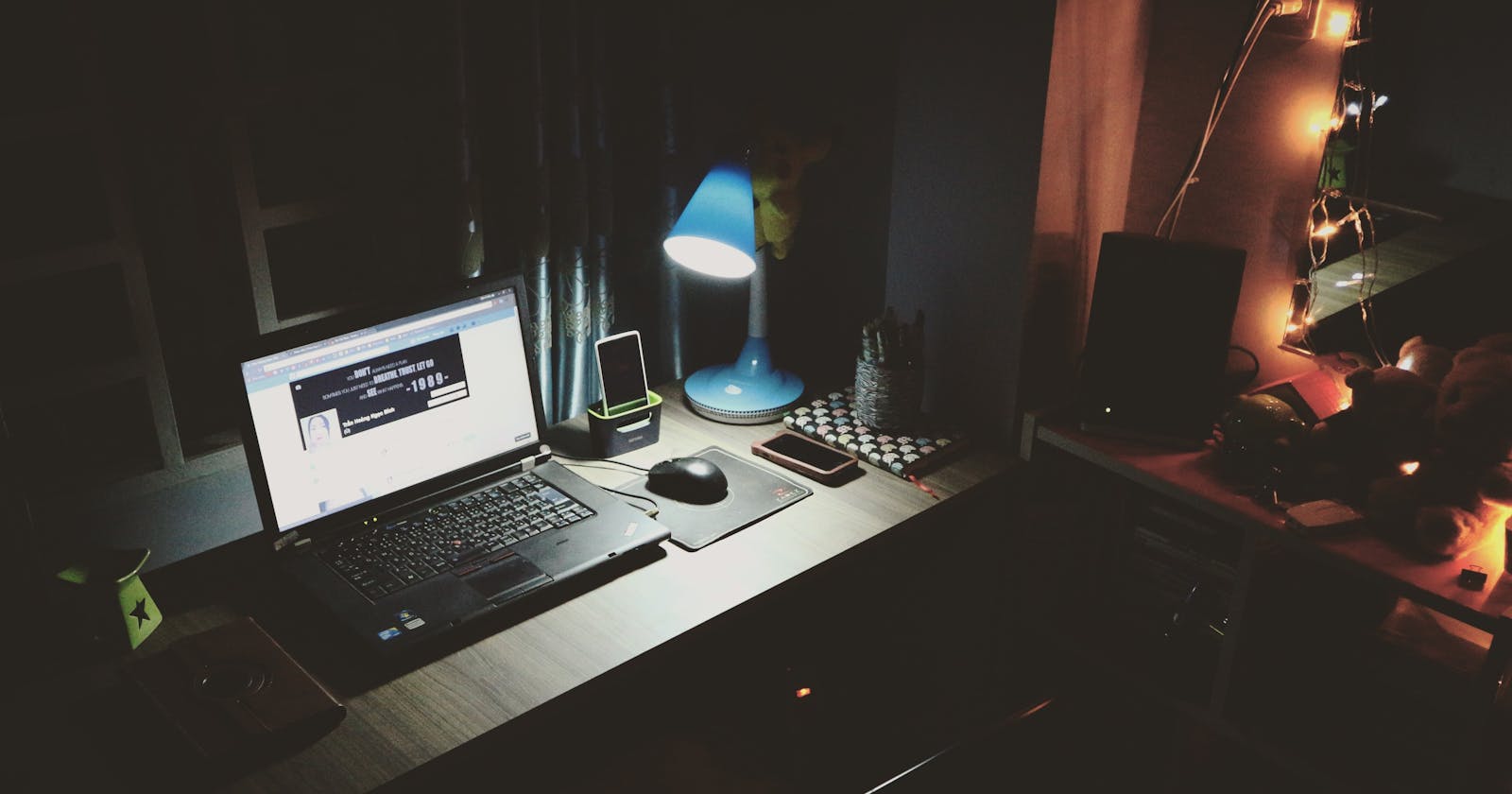Ever feel like you're juggling too many tasks, and constantly dropping the ball? I've been there. Let me share these secret weapons I wish I'd had in my arsenal sooner.
Over the past few months, I've had a lot of different work to do. Juggling my job, outside consultations, writing, and studying, has been super difficult. That doesn't even begin to account for things like relationships, family time, and my own personal recreation.
Many times I feel like I simply do not have enough hours in the day to get everything I need done.
To help keep my head above water, I've come to appreciate these three ideas very dearly. It feels embarrassing to note that I've only started consistently doing them all recently, despite having been working for quite some years now.
For some reason, I felt like I could "catch up" on these sorts of habits later down the line. If only I'd known earlier how critical each one of them was. I was incorrect for thinking that way, and it is much better to get a grip on these habits sooner rather than later.
Let's explore them in detail!
They weren't kidding when they said to make sure you're getting 7-8 hours of sleep every night.
By far, the most crucial part of my career's development has been the practice of protecting my sleep. There was a point in time where I was not ever defensive of my own sleep schedule, and would frequently stay up until 2 AM, 3 AM, or later, regardless of when I had to be up in the morning.
Of course, I got my work done so there were "no issues", but I was always a groggy mess to attend early work meetings or calls, and I frequently found myself taking afternoon naps since I'd get tired during the day. I was making myself miserable without even realizing it.
Unfortunately, this is just not a sustainable way to continue your career. I believe with just a little bit of discipline, building a sleep schedule is an easy way to get a huge ROI.
Make sure you're getting 7-8 hours of sleep every night.
Obtain a comfortable bed.
Experiment with pillows that support your neck and sleeping position.
It'll make a world of difference
Get active.
When I was in high school, then in college, I believed that physical fitness was a myth. I thought I was unironically doomed to be fat for my entire life.
I come from an overweight family with poor diet and exercise habits, and I thought it was genetic. I believed that my inability to run the mile or do pushups was a permanent debuff that I'd have to live with forever.
This is the wrong way to look at it.
Yes, you may not have a great mile time. Yes too, you may not have won the President's Challenge for Physical Fitness during your grade school years, but who cares.
You do not need to be The Rock to take control of your physical fitness and live a better life. You also do not need to be able to run a mile in 6 minutes.
Take some walks, stretch daily, and use your muscles a few times per week. Whether that's with weights like dumbbells or kettlebells, or body-weight exercises like pushups and pullups.
If there are exercises that you're interested in learning that you can't quite do yet, start with assisted forms of those exercises and build up your strength.
Your fitness will improve, and it will empower you to take on new challenges as you grow into it. The sooner you get on top of the small things, the easier it is to handle the big things.
Take notes.
This one is fundamentally a bit different than the others on this list.
I found one day that a senior developer on my team was writing physical notes, in every single meeting, into a little notebook.
He was able to keep track of each topic and divergence, original asks and callouts, all completely seamlessly. His note-taking system made it seem like he was carrying around a little bit of external brain space in his notepad.
I've never read his notes, I don't even know if they're written in English, or any language for that matter, but I know that his note system works. For him.
And that is an important caveat. There are a million different formats to take notes, all with varying usefulness and specializations. But the important concept is to build a system that allows you to regularly add thoughts and ideas, then be able to retrieve those later.
The format of your notes doesn't matter. It could be Notion, EverNote, Obsidian, OneNote, a physical notebook, or anything else you prefer. I personally use SublimeText and Bear.
You may prefer to draw diagrams or use shorthand symbols. The crucial point is to create a system that aids in compiling thoughts and retrieving them later.
Transcribing conversations and ideas forces you to process information actively, fostering a deeper understanding. It's not just about writing things down but about summarizing and critically thinking about what's worth noting.
Final Thoughts
I'm just some guy on the Internet.
I've been writing code for a while and having a good time doing it, but recently stumbled into an awareness of these concepts and they've completely overhauled the way I work. I think they could prove valuable for you too.
What are some other underrated productivity tips? Let me know what you think.
As always, thanks for reading!

